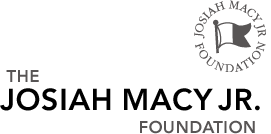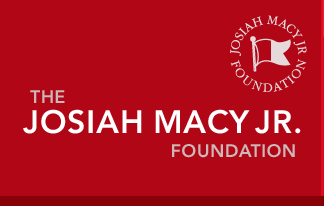Our Grantees
Across the Foundation’s priority areas, our grantees are working to improve the health of the public through innovative research and programs. The Foundation awards up to 40 grants on a rotating schedule each year.
Promoting Physician Health
The need to promote physician health, to prevent the dual problems of burnout and physician impairment, and to enhance patient safety requires no explanation. Kathryn Andolsek, MD, MPH from the Duke University Medical Center, in collaboration with faculty from the University of North Carolina, plan to address these potentially serious problems by teaching young physicians how to manage their own health.
Their model program is based on workshops, a website and four CD ROMs. Initially geared to residents, fellows and faculty members, the training will be redesigned for other at-risk groups, including practicing physicians, hospital staff, nurses, medical students and students in physician assistant and other health professions training programs.
In preparation, the investigators formed a partnership including the North Carolina Physician Health Program, the North Carolina Area Health Education Centers, the Duke and UNC hospitals and the UNC Coastal Internal Medicine Residency Program. The University of North Carolina Coastal Internal Medicine Residency Program and the Carolina Medical Board also support the project, which will reach some 2,500 trainees in North Carolina, as well as program directors and faculty of North Carolina graduate medical education programs. In addition, the Southern Medical Association intends to recommend that all residency programs and medical schools in the southeastern U.S. adopt the program.
The team has recruited faculty, reviewed existing materials, selected a medical script-writing and production company, designed and piloted a needs-assessment instrument, drafted a program evaluation tool and made presentations about the proposed program to medical communities throughout the state. An advisory board is being formed, including representatives from a national resident organization, the Accreditation Council on Graduate Medical Education, the American Society of Sleep Medicine and the North Carolina Physicians Health Program. Workshops on physician impairment will be offered at Area Health Education Centers’ annual meetings and in individual training programs, for hospital staffs, specialty societies and hospital associations. The website will describe the project and invite outside input. The first two CD ROMs will offer common scenarios to help identify impairment, including extreme fatigue, depression, chemical dependency, alcoholism and disruptive behavior. A third CD ROM for faculty members will help faculty integrate the two CD ROMs targeted to fellows and residents into their teaching and educational programs while a fourth, for hospital medical staffs and credentialing offices, will deal with recognition and management of impairment in those settings.




 11.13.18
11.13.18